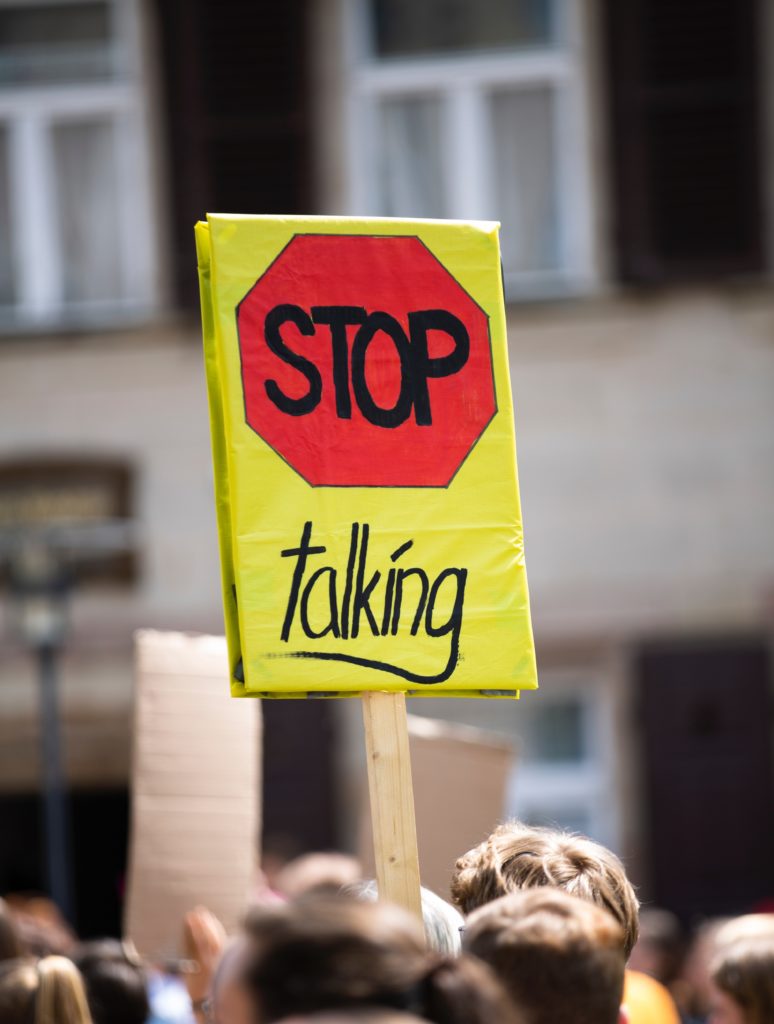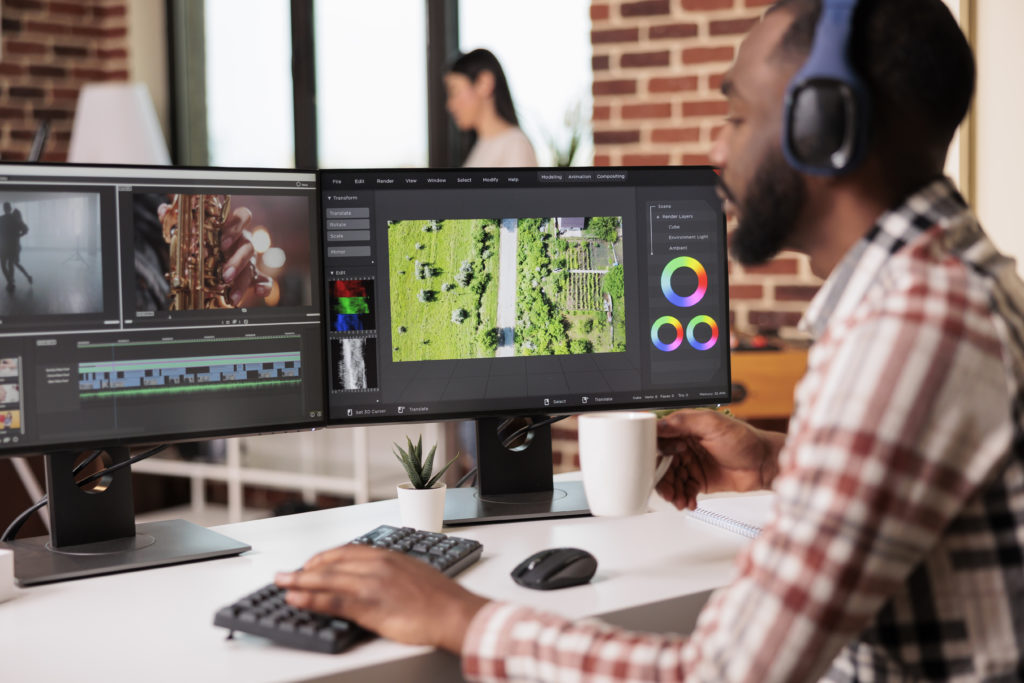
How To Ensure You Are Booking Music Acts That Aren’t Problematic
It’s a story heard time and time again: A prominent venue was set to host a performer or festival, but showgoers quickly voiced their objections to the artist or event’s social stances. In response, the venue either stayed committed to putting on the show and further angered showgoers, or it canceled the show and assured showgoers their concerns were heard. Both your reputation and your bottom line will benefit when your venue avoids this dilemma—here’s how to make sure the acts you book aren’t problematic.
Stay Tuned to the Conversation
Consider 2016’s Oi Fest in Brooklyn. The venue Black Bear Bar hosted this festival’s first day even as average Twitter users and prominent civil rights groups connected the event to Nazism. On the event’s second day, Black Bear Bar canceled the remainder of Oi Fest and issued a statement condemning racism and hate.
This attempt to dispel the controversy, though, was too little too late. Black Bear Bar had already hosted the festival’s first day, implying that the venue condoned the festival’s widely maligned, explicitly bigoted social views. Just three months later, Black Bear Bar closed its doors, perhaps in part due to this debacle.
Had Black Bear Bar’s talent buyers stayed tuned to the conversation, they could have avoided this PR and logistical nightmare. Staying tuned to the conversation may sound like an abstract concept, but it’s as simple as just paying attention to the ever-active musical ecosystem.
A quick scroll through leading music publications’ websites can keep you apprised of musician-related controversies ranging from sexual assault allegations to explicit support of far-right political parties. Twitter users often beat news organizations to the punch, with stories ranging from sexual assault allegations against a prominent music publicist to the ousting of a leading music magazine’s head of editorial originating on social media before in-depth reporting brought them to wider attention. Your closest friends and co-workers might also be privy to open secrets regarding an artist, festival, or any of the people connected with them before these allegations hit the internet.
Do Your Research
Venue staffers are busy people. Finding the time to extensively research every artist or festival you’re offered to book just isn’t possible when you have so many other responsibilities. When you truly feel like you don’t know anything about an act, though, researching them can save you tons of headaches down the line.
This doesn’t mean spending forever on Google trying to scrounge up dirt on an artist you see achieving plentiful hype—often (but not nearly always), if problematic stories about an artist exist, they’ll pour out before the artist hits your radar. Instead, when you’re offered the chance to host an artist with whom you’re unfamiliar, ask questions. Who’s saying what about the artist right now? Do people in your market know the artist and want to see their show? If the artist’s aesthetic, imaging, or brand strike you the wrong way, what about them makes you uncomfortable, and would your showgoers feel the same? How did this unheard-of artist make their way to you, and why?
You can answer these questions by talking to people in your market and scene, or you can rely on stories you find online about an artist’s behavior. If you find nothing alarming, you can move forward on booking the artist, even if you can’t absolutely guarantee that damning information about them won’t emerge later.
Listen, Take Action and Apologize… If Needed
The very nature of scandalous views and actions is that they’re initially secret and later become public and controversial. No matter how much you’d like to avoid booking problematic figures at your venue, you can’t know every single thing a person has said, done, or thought. Thus, in the event you do unintentionally book a performer who proves problematic, listen to showgoer, critic, and music listener concerns (which you might first encounter on the internet rather than in person), take action to remedy them, and apologize for your error.
Often, the best course of action is canceling the show. Yes, this can present you with a huge financial loss, and yes, you’ll face anger from somebody—the artist’s team if you cancel, the public if you don’t—no matter what. Bad PR, though, has infinite negative value—people will remember that your venue didn’t stand up against hate or abuse—so canceling a show by a problematic performer will prove better for your venue in the long run. Once you cancel the show, issue a thoughtful apology that details how your venue will take accountability for this mishap and work to prevent future quandaries.
The absolute worst thing you can do is double down on or defend your actions, as did Santos Party House, the venue that ultimately went on to host Oi Fest’s second day. Santos Party House’s manager said that the venue would host any non-violent event, implying a passive pardoning of Nazism. Just days later, Santos Party House closed permanently. Take a lesson from the Oi Fest tale: No venue is perfect, but when you do make a mistake, listening to those you’ve offended, correcting course, and offering a considerate, thoughtful apology can save the day—and your venue.

Matt Ford is the founder and CEO of Prism.fm, an Austin-based software company revolutionizing live music event management. With a background in entrepreneurship and a degree from the University of Wisconsin-Madison School of Business, Ford combined his self-taught coding skills with firsthand experience as a concert promoter to address the inefficiencies he observed in the industry. In 2018, he launched Prism.fm, an all-in-one platform designed to streamline operations for venues, promoters, and agencies by replacing cumbersome spreadsheets with integrated tools for booking, financial tracking, and contract management. Under his leadership, Prism.fm has grown significantly, achieving $3 million in annual recurring revenue post-COVID and securing over $15 million in funding . Ford’s commitment to building user-centric solutions has positioned Prism.fm as a trusted partner for over 1,500 venues and promoters worldwide.



